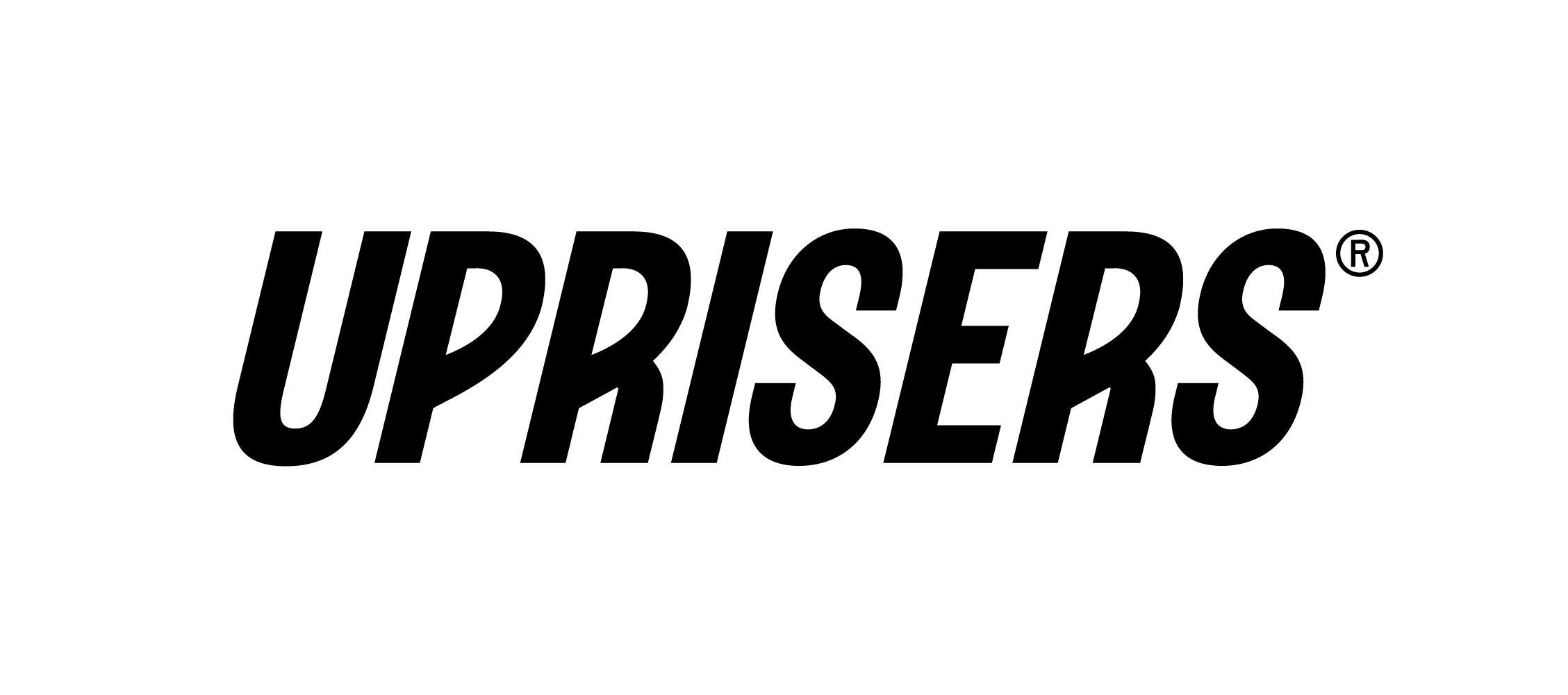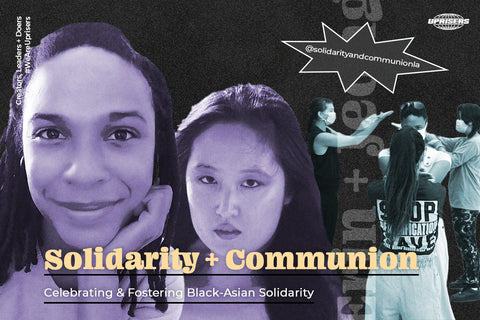Harold Hunter Foundation is changing lives one skater at a time
Grab your skates, knee pads and camera, we’re going skating. During the 80’s and 90’s, NYC was the central location for skateboarding culture. Skateboarding is art. Skateboarding is community. Skateboarding parallels personal experiences and the immediate world around you. Skaters of all ages and from different parts of town rode over to NYC skateparks to engage in a lively, vibrant, awe-inspiring community that propels innovation and a place of sowing dreams. At the heart is Harold Hunter. He was one of the first skaters to go pro and used skateboarding as a vehicle to travel the world and chase dreams. Having played Harold in the 1995 film Kids, modeled, designed clothes and also created music, he was the role model example that explored what stepping on a board can turn into. If you’re influenced by skate culture, then Harold Hunter is someone you took notes from. We caught up with Ray Mendez, creative director of Harold Hunter Foundation and dear friend of Harold, to talk about NYC skate culture and a deeper take of HHF. Ray and HHF are continuing Harold’s legacy, one that embodies the north star for young New York City kids – using the board as means to connect, promote community and create opportunities to reach their full potential.
UPRISERS: How would you describe the skate scene when you and Harold rode together?
Ray Mendez: It was pretty magical. I was a pro inline skater at the time along with Harold's brother Ron. Harold was the first Black pro skateboarder out of NYC and his brother was the first Black pro rollerblader. Inline skating (rollerblading) was in a huge boom and skateboarding was on an upswing as well. Harold was in the movie Kids. He was a skateboard rock star. Basically the Hunter's house was party central of NYC – it was the place where everybody went. Didn’t matter what you did or what you rode, you ended up at their house in the projects for a party. That was really a great time because the friendships formulated there still exist to this day.
UPRISERS: How did you two meet?
Ray: Harold's older brother, Ron Hunter, is one of my best friends to this day. I met him when he walked into the skate shop I was working in one day. He was the new guy. I didn't know him, but I thought he was cool. Over the years, we became each other's family.
UPRISERS: What role does skateboarding play in the work you do and how has it influenced you?
Ray: Speaking very plainly with you, we were kids that didn't come from much. We come from very challenging backgrounds; Harold's background was incredibly challenging. But, we were able to find something that became a driving force.
We didn't know what the hell we wanted to do. I don't even think he graduated from high school, to be honest with you. I got really lucky and went to a fantastic high school where 98% of the graduating class went to college. I was probably that one kid that didn't go to college because I couldn't afford it.
All of us didn't know what we wanted to do. We didn't have much direction. We didn't have outside influences from our family, our parents, or any mentors. We didn't really have stewards and people in our corner to say, "Hey, you can do this." So when we found skate culture, we found vehicles to create our own life paths. The sport aspect of it is really important because it's an industry – it created a lot of opportunities for us. But most importantly I think what it always has done, and I stress this all the time, is the sense of community – belonging to something and finding friends that really turn into your family when you don't have much of a family base.
UPRISERS: How exactly does HHF create a "North" for the youth?
Ray: The foundation started to carry on Harold's legacy and his namesake. But it was very clear from the onset of HHF that the mission was going to provide these youths with positive outcomes. Similar to Harold, not only was he a pro skateboarder, he was a very accomplished actor – untrained and self-taught – but actor nonetheless. He was a model. He was a really bad rapper [said jokingly :)], but still a rapper. He was a really good artist, and a lot of people don't know this, but he made his own clothes. He even sold Harrison Ford a piece of his artwork once. The goal from the very beginning was to provide a foundation and a structure of how we could provide positive outcomes for the youth. It's going to be our 16th year of operation and there really hasn't been a nonprofit skateboard organization doing the type of work that we do, especially in New York City. I don't know of any other foundation in action that has the sort of lineage that HHF does.
Harold used skateboard as his vehicle to travel the world and became pretty famous in his time. That's the story of all of us: we come from these challenging backgrounds and we find these vehicles that could be an apparatus. We find these vehicles that propel us to different spaces and places in our lives where, we probably wouldn't have gotten otherwise.
UPRISERS: What is the impact that you've witnessed with the children over the years and how has it changed you?
Ray: It's incredible. This sense of fulfillment that you get. Because the truth is, it's not always easy.
Having been around for as long as the organization has and seeing kids who've been part of HHF for a decade, you see their outcomes: you see where they've gone and where they've navigated for themselves. And that's always been really, really awesome.
Any kid dreams to be a pro athlete. But what's the reality? There's a very slim chance that you're actually going to become a professional. It's important to understand that there's a bigger picture than just being a pro athlete or pro skateboarder. There's other ways to be a professional in the industry and in the culture at large. That's why we have the Creative Careers Division – there's other paths that you can take and still be active. In skateboard culture you can create your own brand or you can do various things to still be part of the industry and create a life path for yourself.
In the end, we want to make an impact and serve the youth. And hopefully we get them to a place in life where they don't feel that they need to stay where they're at. They have a brighter path set in front of them other than feeling at risk all the time. And that [at risk] isn't a term that we use lightly, it's a real term for real reason because these kids are really at risk.
Photo Credit: Gunars Elmuts
UPRISERS: What do you hope and envision moving forward for HHF?
Ray: We always like to amplify what it is we're doing. We've existed here in New York City for this amount of time. We've done great work. We continue to do great work. But in any respect, any type of work that you're doing, there's always the monetary constraints that come along with that. And so, we're always actively looking to create more funding opportunities for support.
I will say this year for HHF we're in an amazing place. I really want to give credit to Jessica, our executive director, for all of the sacrifice over the years for what she's done. Because for the first time in our whole history, we have the most amount of staff that we've ever had – even in a pandemic. We have a bunch of new coaches and a social worker. We want to take it to the next level and grow.
If you think of just the school age population, there's 1.1 million public school students in New York City alone. Those are big numbers. We want to have as much impact as we can. So funding for HHF and being able to amplify what we're doing is always, always very important. This year, we're in one of the best positions that we've ever been in. We're honestly just scratching the surface in terms of what can be done.
UPRISERS: What is your work's message?
Ray: This work is incredibly important to me because of the personal relationship I have with with Harold and his family. So carrying on the memory of my friend, who I miss very dearly, it means a lot we're able to carry on doing great work in his name.
Also I'm someone who's lived this and am a product of it, I am that kid from South Bronx who didn't really have much direction and found a life path through skate sports. And so for me personally, I think it's very, very important to pay it forward and to always never forget where you came from.








